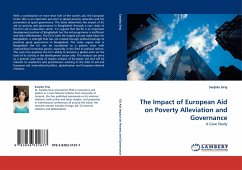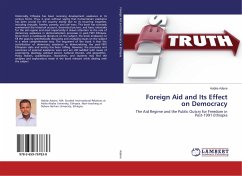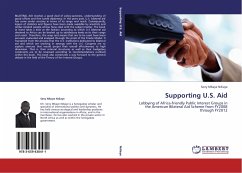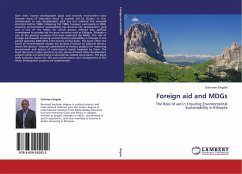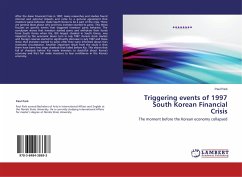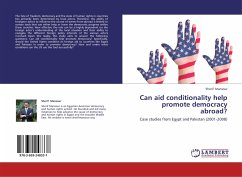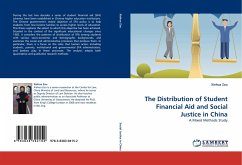
The Distribution of Student Financial Aid and Social Justice in China
A Mixed Methods Study
Versandkostenfrei!
Versandfertig in 6-10 Tagen
52,99 €
inkl. MwSt.

PAYBACK Punkte
26 °P sammeln!
During the last two decades a series of student financial aid (SFA) schemes have been established in Chinese higher education institutions. The Chinese government's stated objective of SFA policy is to help students from low-income families to access higher levels of education. This thesis explores the extent to which this objective has been achieved. Situated in the context of the significant educational changes since 1985, it considers the patterns of distribution of SFA among students with various socio-economic and demographic backgrounds, and examines the social and administrative process...
During the last two decades a series of student financial aid (SFA) schemes have been established in Chinese higher education institutions. The Chinese government's stated objective of SFA policy is to help students from low-income families to access higher levels of education. This thesis explores the extent to which this objective has been achieved. Situated in the context of the significant educational changes since 1985, it considers the patterns of distribution of SFA among students with various socio-economic and demographic backgrounds, and examines the social and administrative processes that produce them. In particular, there is a focus on the roles that human actors including students, parents, institutional and governmental SFA administrators, and bankers play in these processes. The analysis adopts both quantitative and qualitative research methods.




